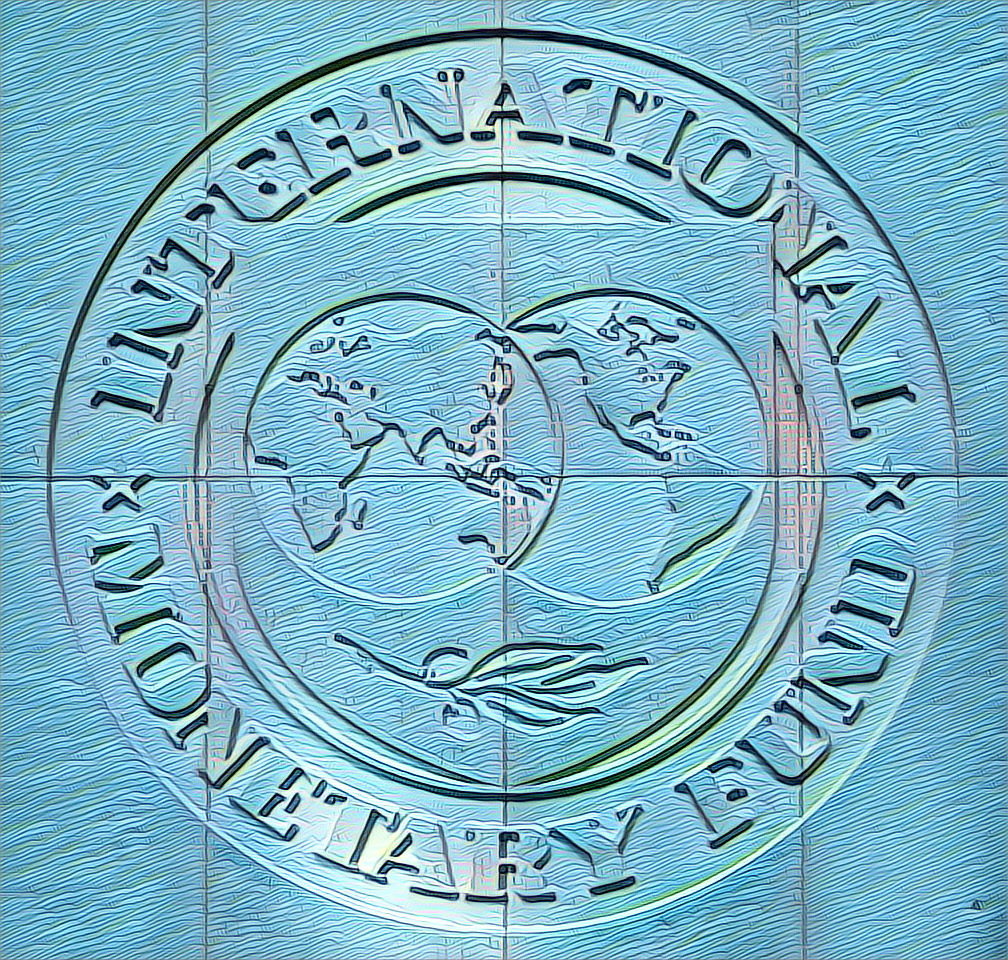Zimbabwe is expected to see a robust economic recovery this year, with a projected growth rate of 4.8%, according to the International Monetary Fund (IMF). The IMF staff team, led by Wojciech Maliszewski, concluded a staff visit to Harare on October 25, 2023, to discuss the recent economic developments and the outlook for the country.
The IMF said that Zimbabwe’s economy has continued its post-COVID recovery, supported by strong activity in the mining and agriculture sectors and structural reforms in the energy sector. The IMF also welcomed the measures the Ministry of Finance and the Reserve Bank of Zimbabwe announced to stabilize the foreign exchange market and lower inflation.
However, the IMF warned that external shocks, such as weaker global demand for minerals and weather-related challenges in agriculture, could dampen the growth prospects. The IMF also stressed the need for further policy reforms to restore macroeconomic stability and enhance Zimbabwe’s longer-term growth potential.
The IMF urged the authorities to address the quasi-fiscal operations of the central bank, align the fiscal stance with the stabilization objectives, and accelerate the foreign exchange market reform. The IMF also highlighted the importance of structural reforms’ importance in improving the business climate and reducing governance vulnerabilities.
The IMF noted that Zimbabwe’s re-engagement efforts with creditors through the structured dialogue platform are vital for attaining debt sustainability and gaining access to external financing. Zimbabwe has been engaging creditors since 2022, with the support of African Development Bank President Dr. Akinwumi Adesina and former Mozambican President Joaquim Chissano as high-level facilitators.
Zimbabwe’s debt clearance process is expected to pave the way for implementing its National Development Strategy 1 (NDS 1), which aims to transform Zimbabwe into a prosperous and empowered upper-middle-income society by 2030. The NDS 1 outlines the policies, legal and institutional reforms, and programs and projects that will be implemented over the five-year period from 2021 to 2025.
The IMF said it would continue to provide policy advice and extensive technical assistance to Zimbabwe in various areas, such as revenue mobilization, expenditure control, financial supervision, debt management, economic governance, and macroeconomic statistics.
The IMF staff team held meetings with Finance Minister Mthuli Ncube, Reserve Bank Governor John Mangudya, other senior government and central bank officials, private sector representatives, civil society, and development partners.
The IMF thanked the Zimbabwean authorities and stakeholders for the constructive and open discussions and support during the mission.
Source: The Herald


